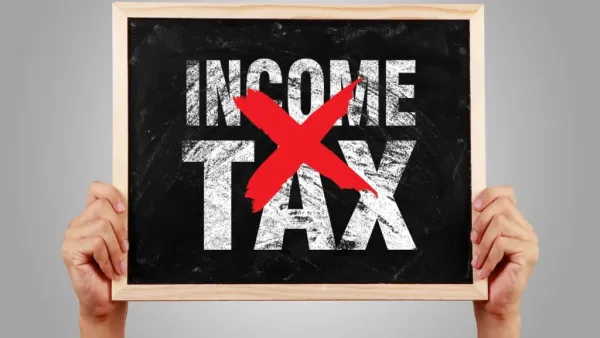
Every year in India, crores of people pay income tax on their earnings, but do you know that there is also a unique state in our country where the original residents do not have to pay a single money tax? Yes, we are talking about beautiful Sikkim! This tax exemption is not only economic relief, but is a special way to save the culture and history of Sikkim.
Sikkim got this unique feature under Article 371 (F) of the Constitution of India. When Sikkim became a part of India in 1975, the central government promised that the traditional law and administrative structure of Sikkim would be maintained. Article 371 (F) was added to the Constitution to fulfill this promise, which gave Sikkim a special status.
In addition, Section 10 (26AA) of the Income Tax Act gives full exemption to the original residents of Sikkim from tax. Under this rule, people living in Sikkim and holding Sikkim Subject Certificate do not have to pay any tax on their salary, business, investment, interest or earnings from shares.
This tax-free system of Sikkim is not for everyone. There are certain conditions for this. This exemption is available only to those who were recorded in the 1961 Sikkim subject regulation or are descended. That is, if you are not native to Sikkim or settled there later, then you will have to pay income tax like the rest of India.
Sikkim is the only state in India where the original inhabitants are full of income tax. This special provision not only provides economic benefit to the local people, but also strengthens their culture and social structure. However, it is necessary to know that GST (GST) and other taxes of the state government are implemented in Sikkim.